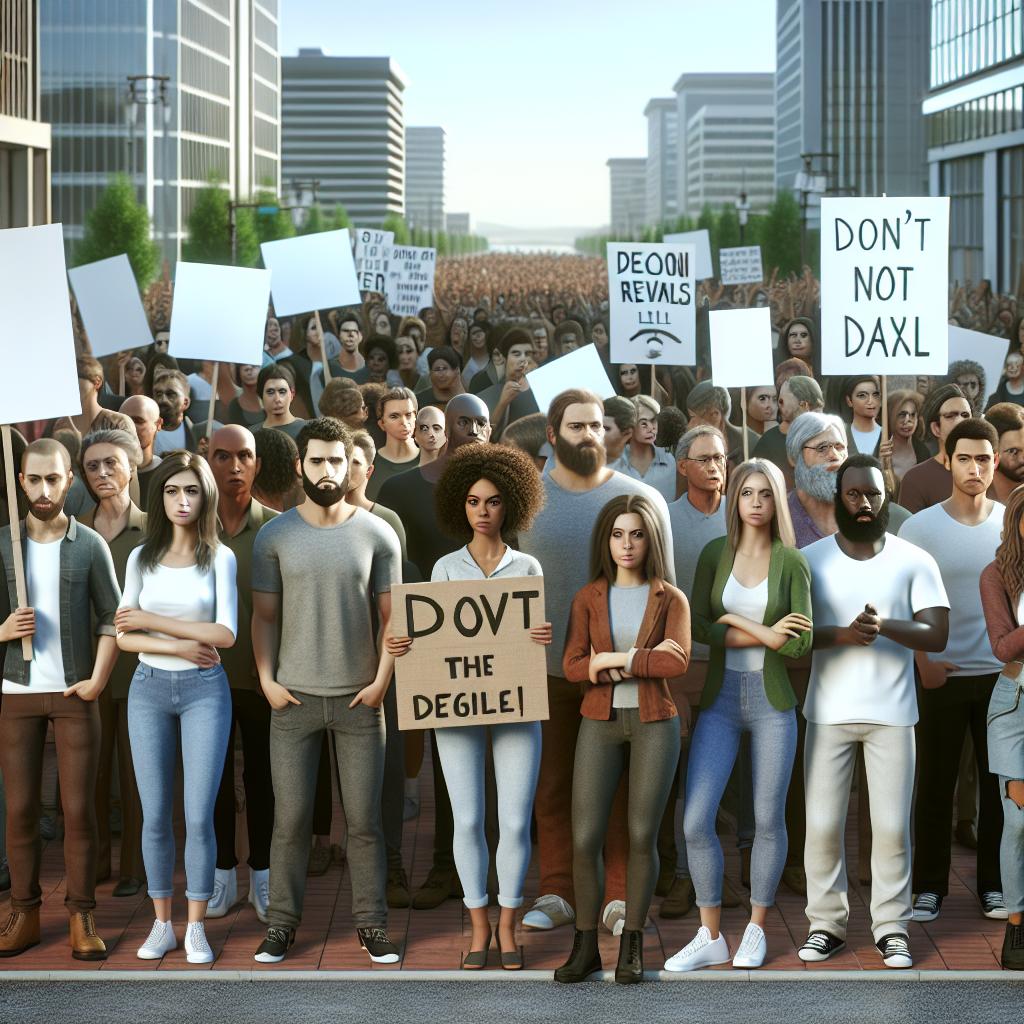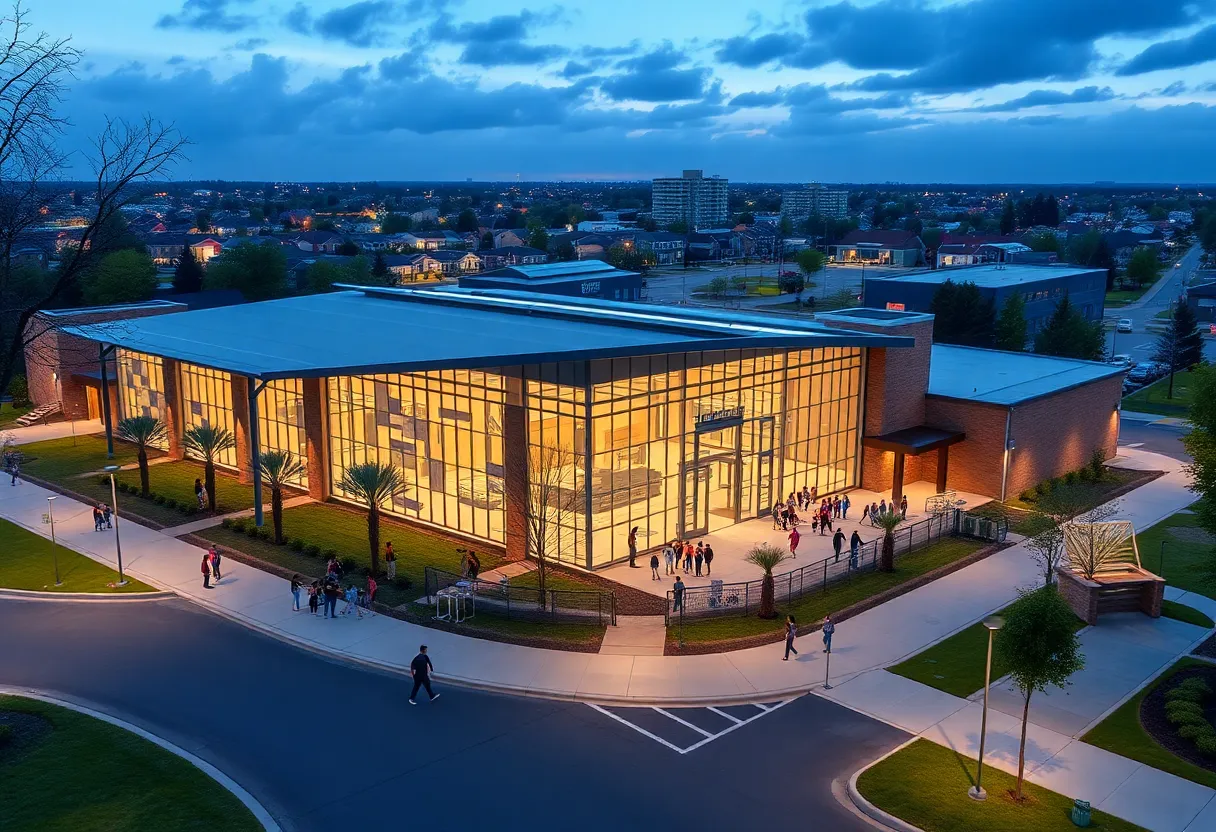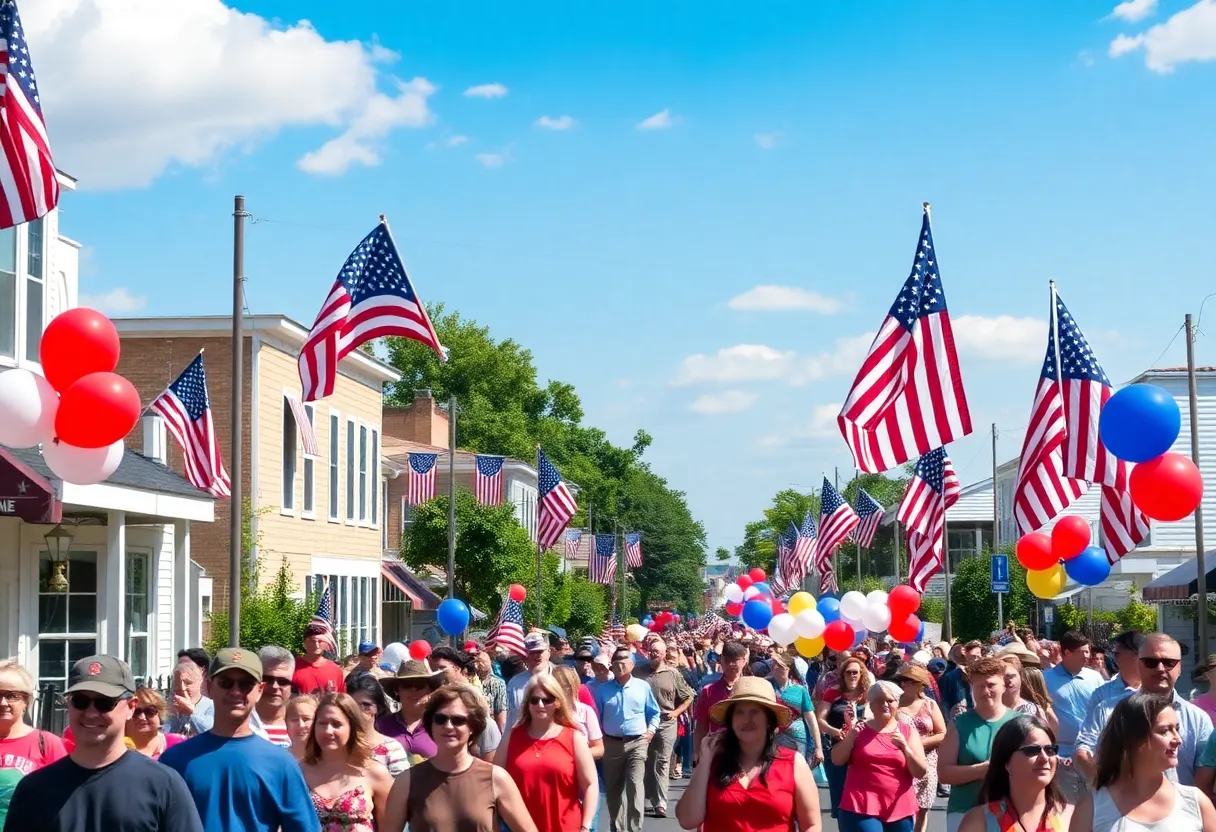Trump’s Possible Pardons Could Benefit Nearly 50 Michiganders Charged in U.S. Capitol Riot Crackdown
Almost 50 residents of Michigan, including some of the most violent attackers who were convicted of assaulting officers during the U.S. Capitol riot, may be granted pardons this month by the soon-to-be president, Donald Trump. An in-depth review by Detroit News revealed over 45 federal criminal cases involving defendants from Michigan who could benefit if Trump upholds his pledges to decide rapidly on the pardoning of over 1,500 people charged with crimes on Jan. 6 across the U.S.
A Broad Group of Potential Pardons
The cohort of defendants has grown significantly in the four years since Trump supporters interrupted a congressional session attempting to confirm the results of the 2020 presidential election, won by President Joe Biden. According to legal experts, Trump’s executive action could offer relief to those charged with various crimes or those currently serving prison sentences or a federal form of probation. Currently, at least 11 Michiganders are awaiting trial, including ex-Detroit Lions linebacker, Leander Antwione Williams, while at least 34 residents have been convicted.
If pardons were to be granted, one of the key beneficiaries from the region would be Michael Foy, a Wixom resident and U.S. Marine Corps veteran. Foy was convicted of assaulting police officers with a hockey stick and a sharp metal pole. Aged 33, he is serving a 40-month sentence in a low-security federal prison in Kentucky and is not scheduled for release until June 2026.
The Variety of Offenses and Unknown Pardon Decisions
Data from the Justice Department indicates that nearly 38% of the individuals charged nationwide are accused of assaulting or obstructing law enforcement. Yet the majority of those charged from the Jan. 6 demonstration are nonviolent offenders, like Brownstown Township resident Anthony Puma. Puma, sentenced to nine months jail time after pleading guilty to a felony charge for obstruction, scaled a wall near the Capitol’s northern side and entered through a shattered window. A pardon would be of significant relief to the 52-year-old.
“I pray to my God every day,” Puma mentioned in an interview last month. “A felony is a definite stain.”
There has been no specific mention by Trump regarding which rioters would be eligible for pardons. However, he has stated that he would review cases individually and further iterated that “a vast majority of them should not be in jail.” Trump has also indicated that he will act promptly on pardoning rioters, commenting on their current terrible cell conditions.
Political Controversy Surrounding Possible Pardons
The potential pardons for Jan. 6 defendants have aroused significant political controversy. Sen. Adam Schiff, D-California, cautioned against succumbing to “revisionist history” and downplaying the Capitol breach on NBC’s “Meet the Press”.
Public Opinion and Recent Polls
In light of Trump’s foreshadowing of pardons, recent polls reveal that most Americans are against freeing people convicted of Jan. 6-related charges. A Monmouth University poll illustrates 61% of respondents opposing pardons, and a poll by Scripps News/Ipsos shows that 64% were not in favor of pardoning Jan. 6 protesters.
Despite these statistics, many Michiganders have seized on the possibility of pardons by attempting to freeze their criminal cases until Trump is sworn into office. Notable among them is Flint resident Lawrence Billiter, who stands accused of throwing a metal pole at police during the riot. His lawyer attempted to delay the trial last month, noting possible pardons by Trump.
A Fleeting Hope for the Nonviolent
There is hope among the nonviolent offenders as well, such as former Republican gubernatorial candidate Ryan Kelley, who was convicted on nonviolent charges related to the riot. He sees a pardon as likely. If pardoned, he – along with other nonviolent offenders – would be relieved of punishments such as court supervision or restrictions on employment due to a felony record.







